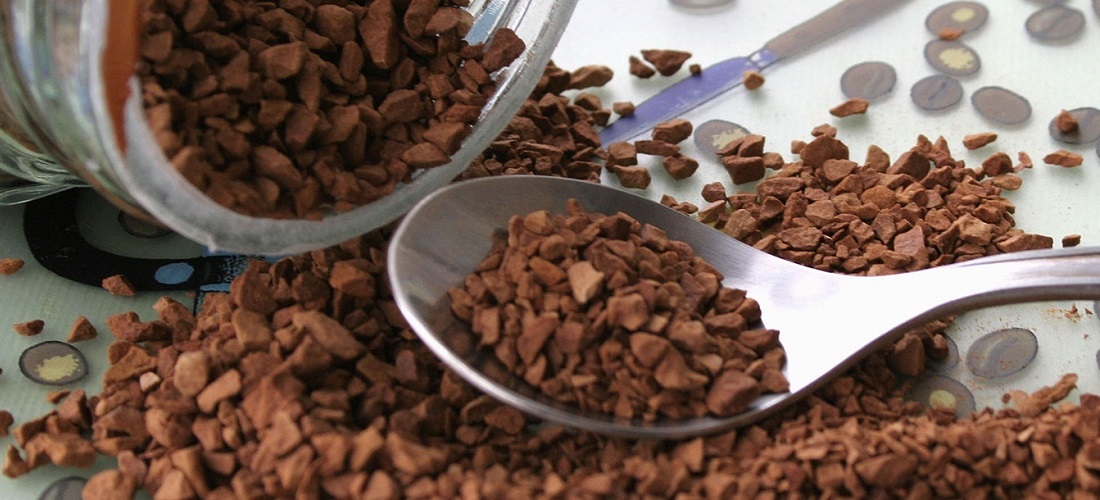
Coffee/Abics: soluble coffee exports hit a record with 4.09 million bags
Jan, 26, 2022 Posted by Gabriel MalheirosWeek 202204
Last year, Brazil exported the equivalent of 4.09 million bags of soluble coffee, each weighing 60 kg, setting a new record, up 0.6 percent from the 4.07 million bags exported in 2020, which had previously been the highest volume.
In foreign exchange revenue, the country obtained US$ 566.2 million, surpassing by 6.1% the revenue achieved in 2020, which was US$ 533.6 million.
The numbers are from the Brazilian Association of the Soluble Coffee Industry (Abics).
The results were surprisingly positive, according to the association’s director of Institutional Relations, Aguinaldo Lima, given the “surreal” scenario of logistical obstacles faced, which raised sea freight prices and caused raw material prices to soar. “The performance highlights Brazilian soluble coffee’s production capacity as well as the resilience of our industries.” “While the 0.6 percent increase was minor, it resulted in the third consecutive year of record export volume,” he said.
See below the track record of Brazilian soluble coffee exports from 2019 onwards. Data are from DataLiner.
Brazilian Exports of Soluble Coffee (HS 2101) | Jan 2019 to Nov 2021 | TEU
Source: DataLiner (click here to request a demo)
In the domestic market, the soluble coffee segment also showed an expressive performance. Domestic consumption was equivalent to 985.3 thousand bags, which was the best performance ever recorded by Abics, which adopted a new methodology for collecting monthly information from national industries.
This amount indicates an increase of 5.9% compared to the 930,200 bags consumed in 2020.
The director of Abics also highlights that 2021 was a year marked by major technological investments to modernize and expand the production park of Brazilian industries.
New processing units began to operate in the States of Espírito Santo and Paraná, in addition to a unit that is expected to start operating also in Espírito Santo in 2023.
“These investments, taken together, exceed R$ 1 billion and generated hundreds of jobs, contributing to the social and economic development of these states. When all these units are fully operational, Brazilian production capacity will grow by 18%, which will further consolidate the country as the largest industrial park in the world”, concluded Lima.
Source: Money Times
To read the full original article, visit the link:
-
Mar, 21, 2025
0
Abiove Forecasts Increased Brazilian Biodiesel Exports in 2025
-
Shipping
Feb, 13, 2020
0
HMM set to receive largest container ship in the world
-
Grains
Sep, 14, 2023
0
From exporter to importer: Argentina buys over 1 M tons of Brazilian soybeans
-
Ports and Terminals
Oct, 17, 2019
0
Codeba announces investment for Port of Aratu and study for explorations at Port of Ilhéus



